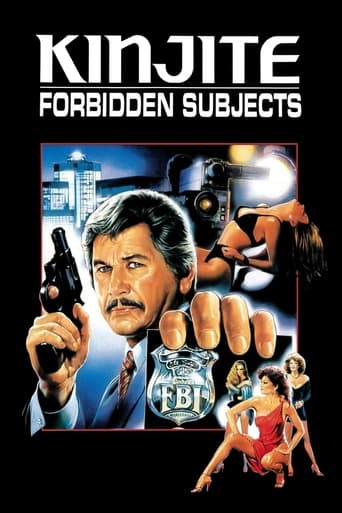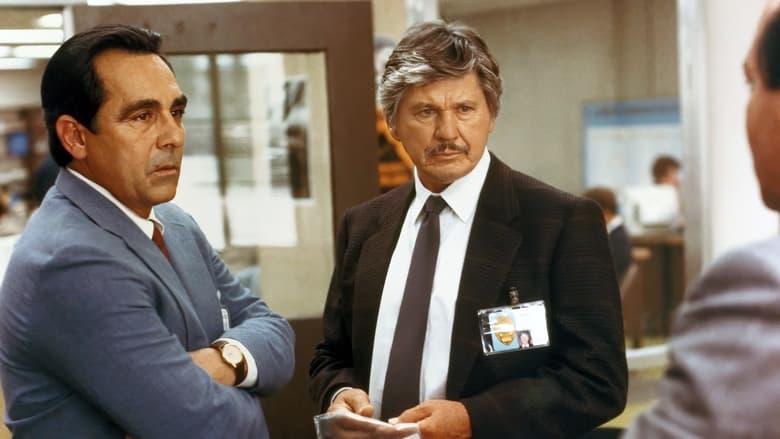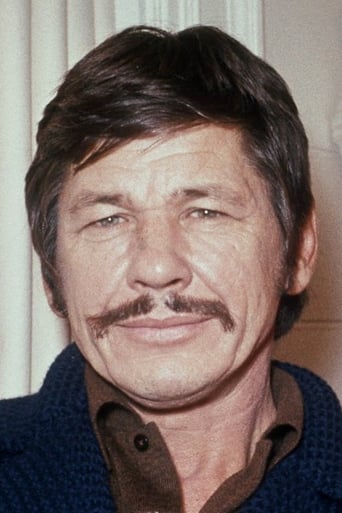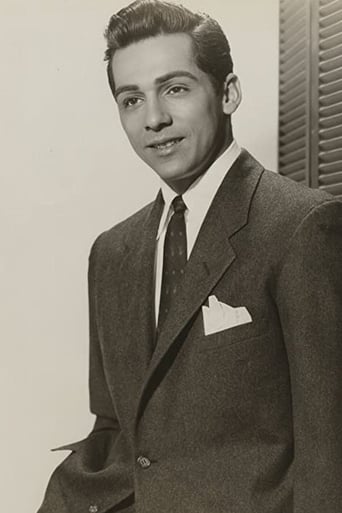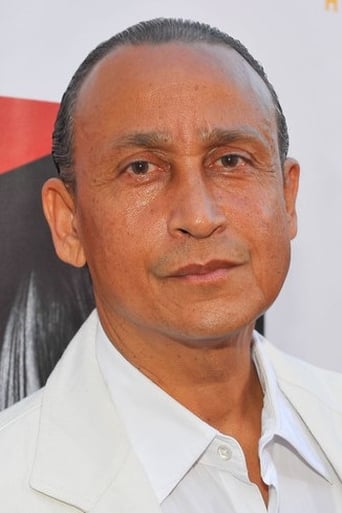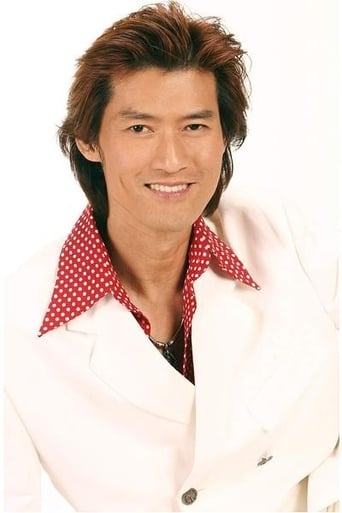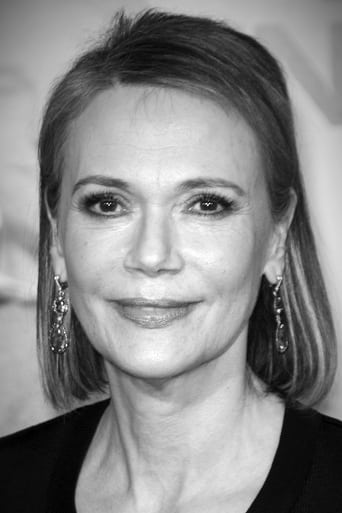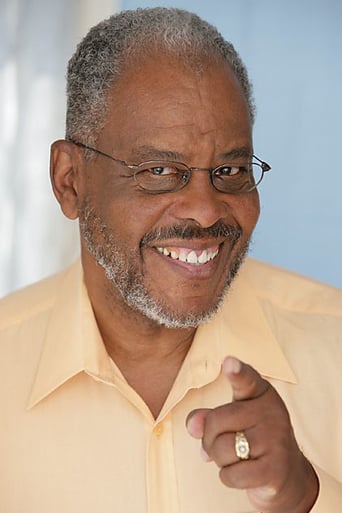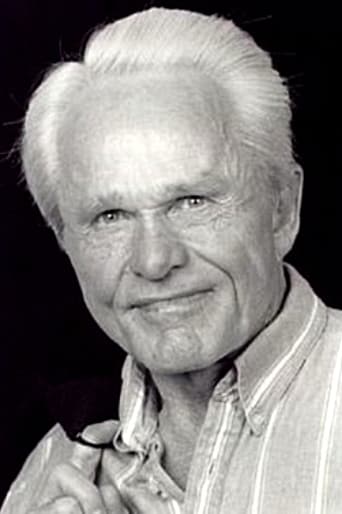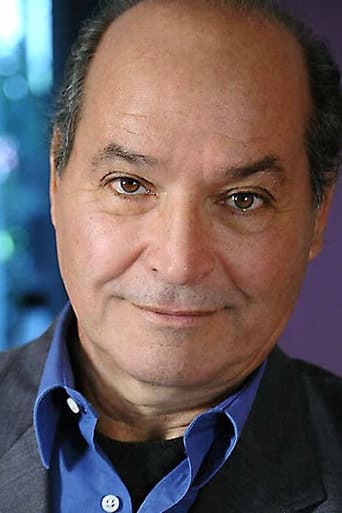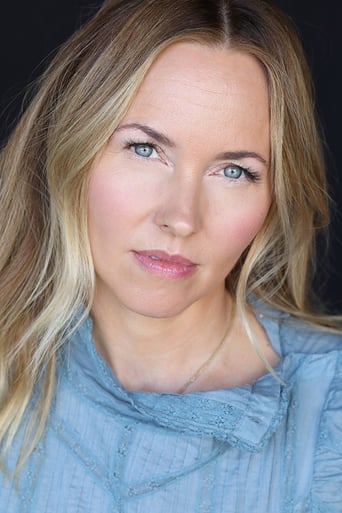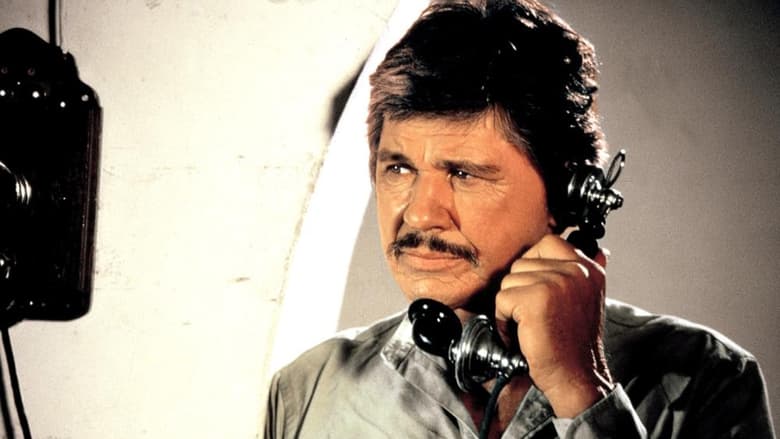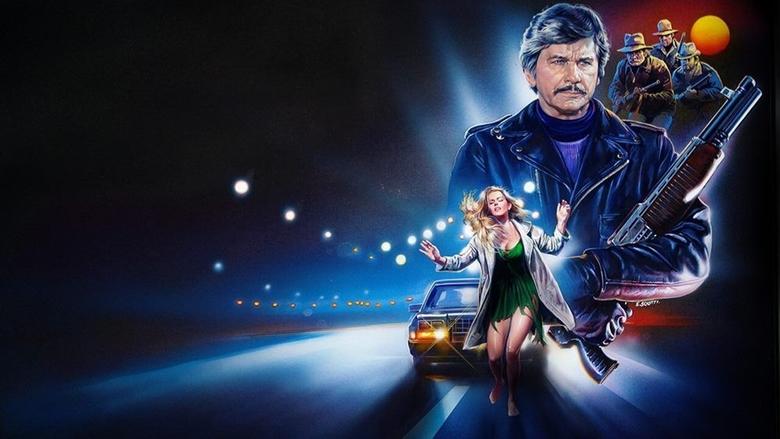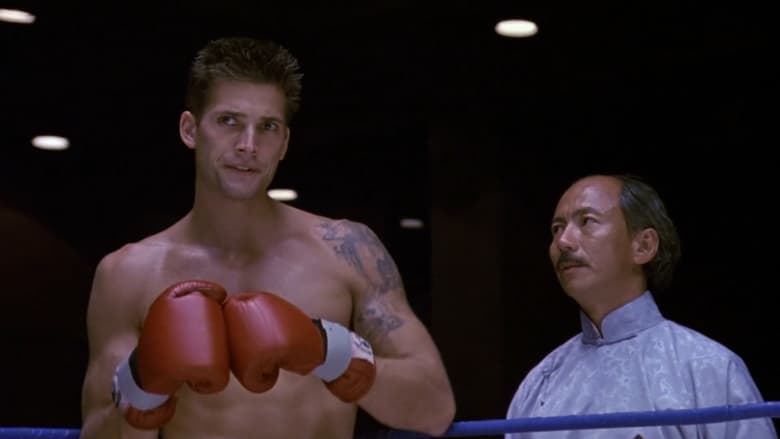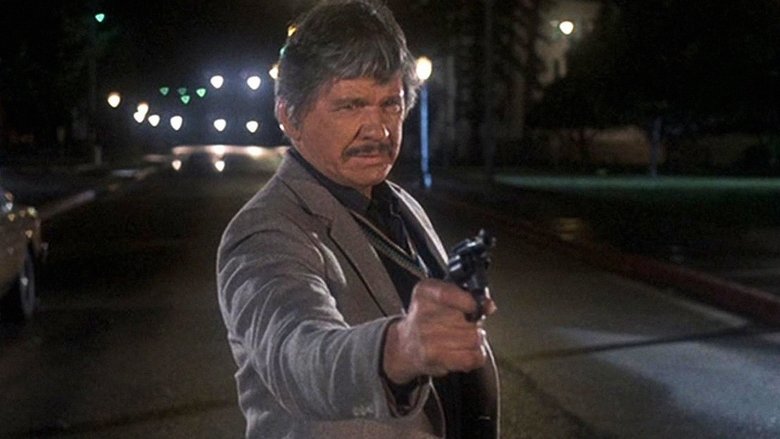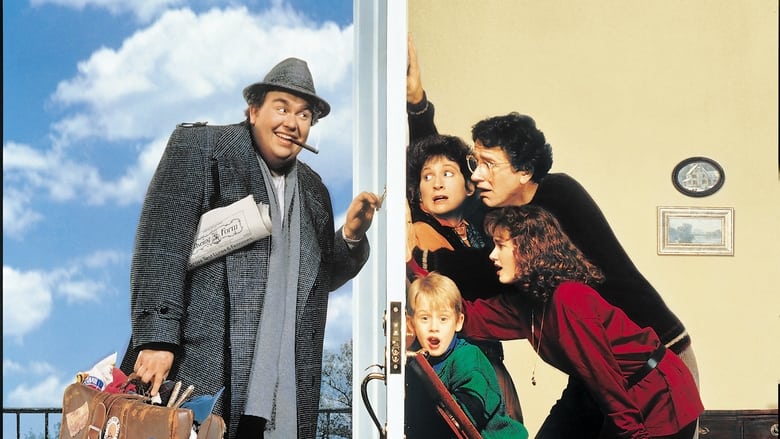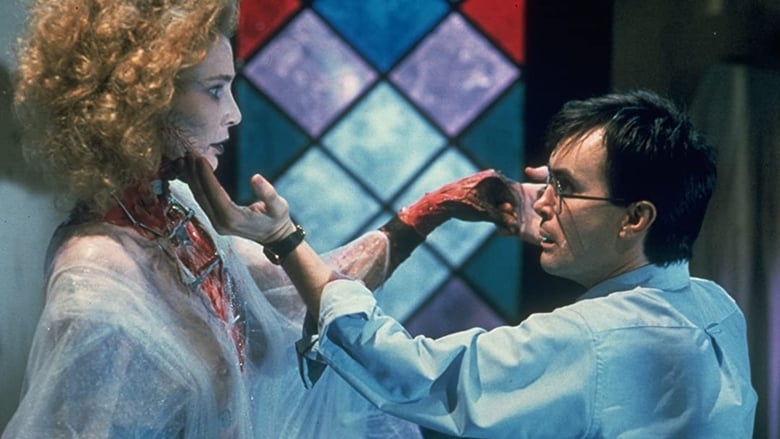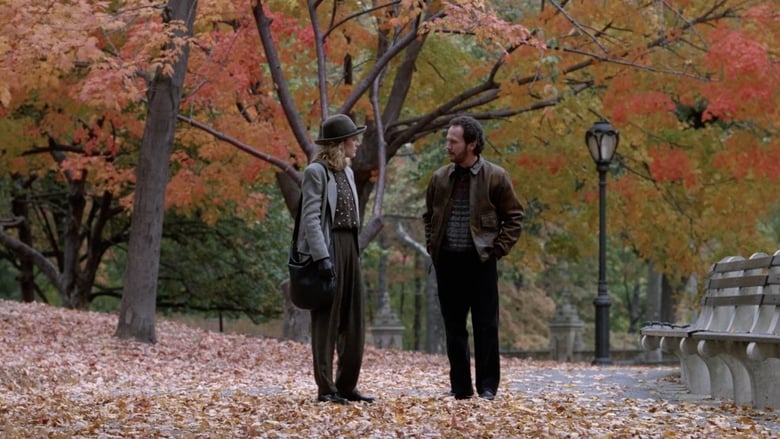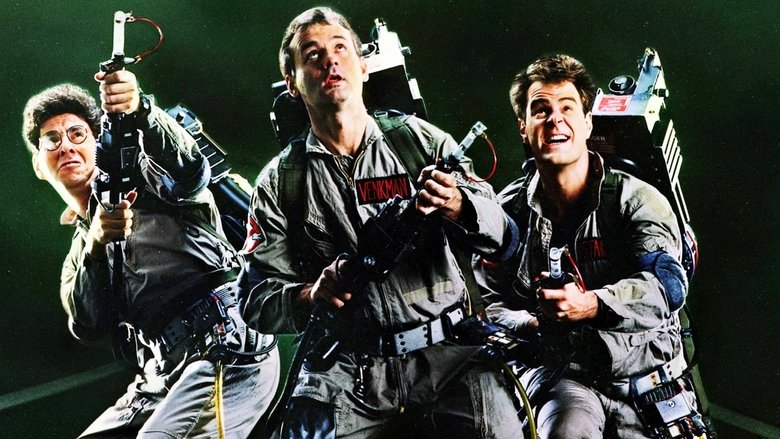A brutal Los Angeles police lieutenant is determined to bust up an organization that forces underage girls into prostitution.


Similar titles
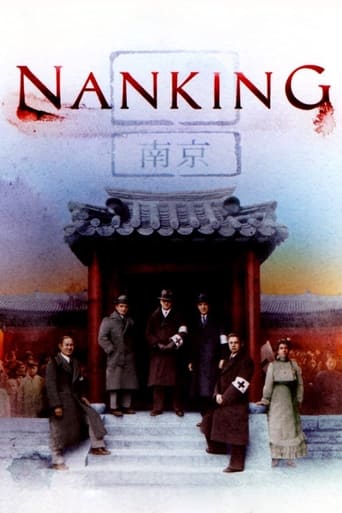
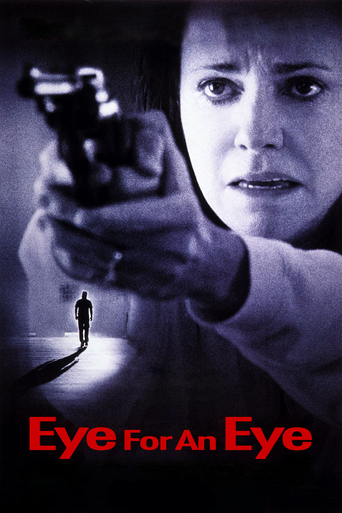
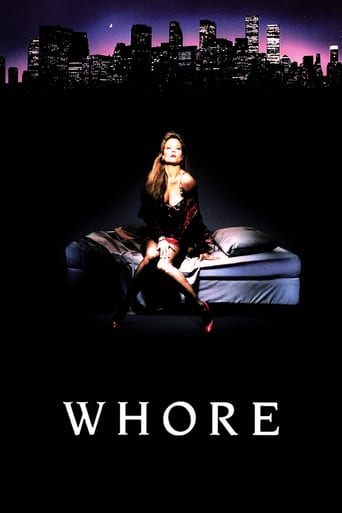
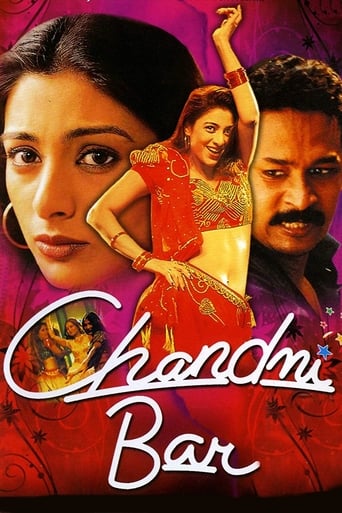
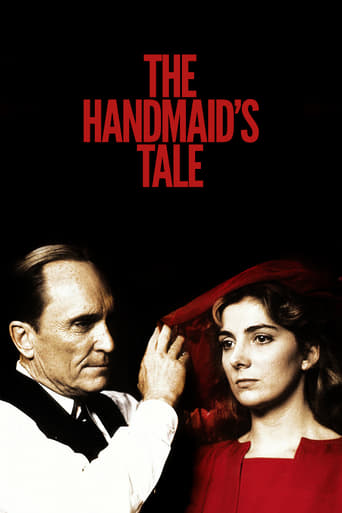
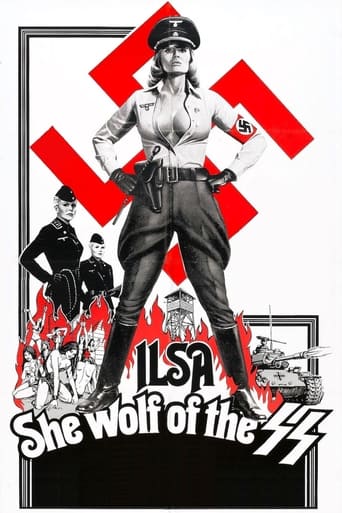
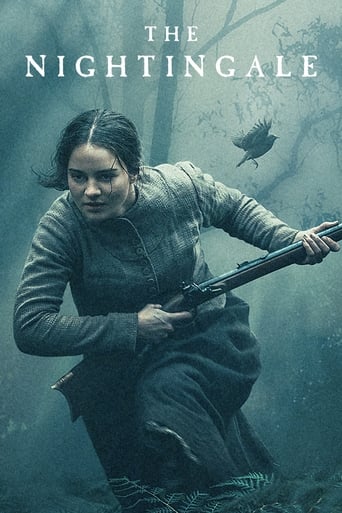

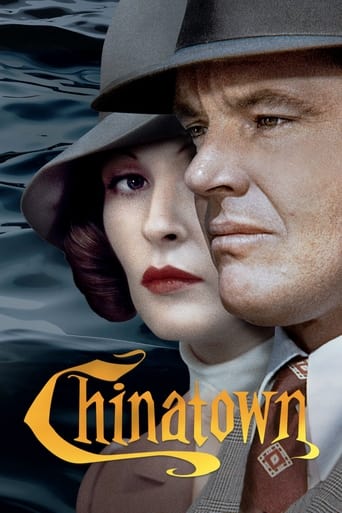
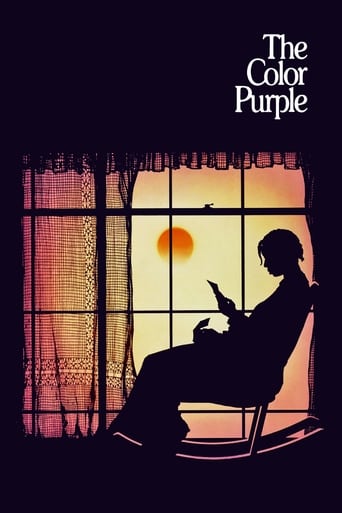
Reviews
I saw this years ago at a drive-in theater. The projectionist was my pal, and he joked, for years afterward, about old Charles always rushing in to spoil the fun. Yeah, the movie's main appeal lay in that first scene. Guys are guys, whatcha expect? Okay, laddish humor aside, I finally got to it on DVD two-and-a-half decades later. And there is that promising start, clearly showing why Nicole Eggert got to be Summer Quinn, but then, aw what an old wet blanket this is!Charles Bronson cut a debonair action hero... back in the day. But quit while you are ahead. Geriatric, little more than a well-dressed scarecrow, taking on hoodlums far less than half his age? Worst of all, there is no fire in his actions. He parrots lines from a script that has loads of appeal, but there is no conviction in his words. He is an empty shell, the drying husk of a dead insect. Hoodlums would have laughed at the grandpa, and they'd have p**d on his shoes. Afterward, they'd use him a punching bag. That's reality.He was too old to play a father, he should have been the much-opinionated grandfather, with the action left to some younger guy hungry for the part. Fueled by grandfather's wisdom. For, yes, people, we live in a sick society, and we gotta take care of our own. THe kids, and the elderly...That scene with the Rolex, besides being entirely unconvincing, how deeply tragic, the weak effort of the former action hero. Such feeble movements. And when he points that gun, he seems trembling, unsteady. With Charles in the lead, utterly doomed idea.For the Bronson fans out there, I am not being disrespectful. But you have an indefensible case here, the guy is the very epitome of miscast. Too old, and fragile.RavenGlamDVDCollector was only here for Nicole Eggert... Better than BAYWATCH! Hell, yes, I'm a guy, and a guy will be a guy... Rear view, ten out of ten.(By the way, William Shatner was her Dad on T.J. HOOKER, and he had a similar attitude...)
The final feature film for the celebrated director J. Lee Thompson unfortunately isn't the kind of swan song that I'm sure many people would have preferred to see, but it delivers acceptable seedy entertainment. His final teaming with the almighty Charles Bronson features the actor as Lt. Crowe, an extremely angry vice detective with a vendetta against an especially depraved pimp, Duke (Juan Fernandez). Dukes' specialty is turning underage girls into prostitutes, so you can see how he'd raise a persons' ire. While this is going on, a Japanese man named Hiroshi Hada (James Pax) has arrived in L.A. with his family, and struggles to adjust to a different way of life where woman strive to be independent and not subservient.There's the element of serious themes here. Not that they're explored all that well, but at least "Kinjite: Forbidden Subjects" is attempting to be more ambitious than the usual Thompson-Bronson-Cannon Group potboiler. It takes a look at the differences between American culture and Japanese culture of the times. It also gives Bronson a little more to work with by making his character an anti-Japanese xenophobe. But Thompson and screenwriter Harold Nebenzal do wallow in sleaze, much as Thompson did with the earlier Bronson collaboration "10 to Midnight". Some scenes are certain to make some viewers highly uncomfortable, especially as Hiroshis' daughter Fumiko (Kumiko Hayakawa) gets victimized over and over by Duke and his disgusting associates.The movie is not without its silly pleasures. The most fun is seeing Lt. Crowe terrorize Duke and forcing the pimp to *swallow his own $25,000 watch*. The finale is pretty typical but reasonably rousing action movie stuff.The supporting cast is good: Perry Lopez as Crowes' partner, Peggy Lipton as his wife, Sy Richardson as Dukes' most prominent henchman, Bill McKinney as a priest, Nicole Eggert as one of Dukes' girls, etc. Blink and you'll miss Danny Trejo, in one of his pre-stardom convict roles, near the end of the picture.Overall, a trashy, fun action picture with an ending where you really feel, for once, that the bad guy is *really* going to get what he deserves.Seven out of 10.
Charles Bronson plays an L.A. police Lt. named Crowe whose teenage daughter was molested on a subway train by a visiting Japanese businessman, though the tables are turned when that same businessman's daughter is kidnapped by a pimp named Duke, and sold into child slavery. So of course Crowe,(who hates the Japanese) is assigned to the case, not knowing that it was this very businessman who touched his daughter. Crowe is determined to break up the slavery ring, and get Duke, not matter the cost.Mostly routine film does have some ironic aspects to it that don't pay off, merely plot contrivances. Not really as offensive as it sounds, but still a lurid and sad look at this vile industry. Final scene is certainly memorable, though you may wonder if Crowe went too far...
In some ways I'm glad I saw this film. For one thing, I learned how to pronounce the title correctly. "Kinjite" mean "forbidden" in Japanese and the accent is on the first syllable, not the second.It's an ambitious film too, with a moral lesson built into it, that we are all brothers and sisters under our differently colored skins. Further, Charles Bronson is not his usual typical action hero. He's a flawed detective. He's prejudiced against the Japanese who, he believes, are taking over the country. He steps out of his police car and shouts epithets and orders harshly at a gaggle of polite Japanese tourists whose cars are blocking the street. "You think you OWN the place!," and so forth. The picture was released in 1989. Michael Creighton's novel, "Rising Sun," appeared at about the same time. That was when the mania about Japanese business practices was at its height, and shortly before the Japanese economy imploded and sank to the bottom of the aquarium, where it rests, gasping, today.The plot has two strands that come together towards the end. In Tokyo, a naive, young Japanese businessman, Karuko, lives in a companionate marriage with his sensitive, intelligent wife and innocent ten-year-old daughter, Fumiko. On a crowded subway he watched an attractive lady being felt up by some pervert and she seems distressed, signs he interprets as an orgasm rather than humiliation.Karuko moves with his family to Los Angeles where his daughter is kidnapped, gang-raped, and forced into whoredom by a nefarious Latino named Duke. But before that happens, he finds himself on a bus in Los Angeles seated next to Bronson's fifteen-year-old daughter. Still believing that young girls like to be secretly felt up in public, Karuko slips his hand under her skirt. She shrieks and runs off the bus with her friends. "What happened?", they ask her. "Some Asian guy touched my holy of holies," she says, brushing the incident aside with a quip.Bronson and his partner, played by Perry Lopez, whom you may remember as Lieutenant Escobar in "Chinatown," are assigned to the case. Bronson begs to be reassigned. He hates Asians and wants nothing to do with them. But one of those blustering, no-nonsense superiors chews him out and sets him and Lopez on the case.It's during his interview with Karuko and his wife, when Karuko breaks down and sobs, that Bronson's prejudice begins to melt. Bronson and Lopez finally recapture Fumiko and return her to her family but her shame is boundless and she commits suicide. Now Bronson goes after Duke with a vengeance and the film ends with an explosive and bloody shoot out on the docks at, I think, San Pedro.It's easy to see how this could have been an effective movie, full of action, suspense, and yet provocatively done. But it largely fails. I don't know exactly why. Part of it is probably due to the cheapness of Golam and Globus, the producers. They have a reputation in the industry. They're like characters out of Dickens, chuckling as they count out the pennies they managed to save today. If a scene calls for a full lawn, instead of calling in a greensman, they sprinkle the lawn with green confetti. (That example isn't made up.) Bronson couldn't have cost much. By 1989 he was no longer the strapping ex-miner with the chiseled face and bronze pectorals of his youth. And he was sometimes enjoyable but rarely a performer to be taken seriously. Perry Lopez, with a respectable career in supporting roles behind him, has aged until he's almost unrecognizable -- not his fault, to be sure -- and puts virtually nothing into the role. The Asians can't act, with the exception of Karuko's wife, who is convincing. The role of Duke, played by Juan Fernandez, is strictly one dimensional. He's pure evil. Not colorfully evil. Not suave or anything. Just a tattooed and perverted Beaner as far as this movie is concerned.The plot is clumsy and without subtlety, a disappointment considering its potential. It was written by Harold Nebenzal, whose primary career was in production, not writing. Shifting as it does between Tokyo and LA for the first half hour, with no connection between the two, leaves a viewer feeling as if he's fighting his way through a thicket of thorns, hoping it will all turn out okay in the end. Director J. Lee Thompson, responsible for "The Guns of Navarone" and other epics, was pushing eighty and his best films were behind him.Yet there are some moving moments in it. There can't help but be. Karuko finds himself in a position where he must thank the Bronson family for finding his daughter. He brings a present for Bronson's own blond teen ager, the one he fondled on the bus. And it's an exquisite doll of a Japanese woman in traditional dress, encased in a glass box. He recognizes her and she recognizes him, but neither says a word about the incident.And the scene is which Fumiko takes a lethal dose of pills, then arranges her colorfully clad little body on the bed and waits to die is poignant. She and her kimono remind us of the doll in the glass case, both pretty, both easily shattered.
